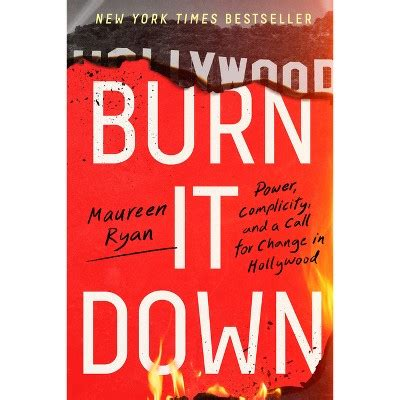Derail (slight). Back in 1990, 21.3% of the U.S. population had a college degree. As of 2022, that increased to 37.7% (both genders). One thing that some folks don't consider is how often women were discouraged from attending college in the not so distant past. Money was one of the factors in that regard--males were seen as a better investment for future prospects. Perhaps not so much with the upper/white collar classes, but among other things, Title IX began to really get rolling, loans became more readily available, and birth control prices dropped, women started competing for admissions slots. In 1970, 8.1% of US females had a bachelor's degree (males 13.5%), by the year 2000, it was 22.9% (males 26.1%). (I pulled this from some government census data tables). The doc I grabbed this from ended at 2000 and currently, that percentage now stands at 39%, with males, which had peaked at around 37-38%, dropping to around 36%.
The solution is NOT to deny females admission (which does seem to be a policy advocated by certain quarters in the political realm-no CR) but to recognize that the field has grown more competitive. Higher education, technical (vocational) education, lifelong learning, and other educational endeavors have sometimes been a battleground between the abstract and the concrete when it comes to purpose, career paths, and society.






